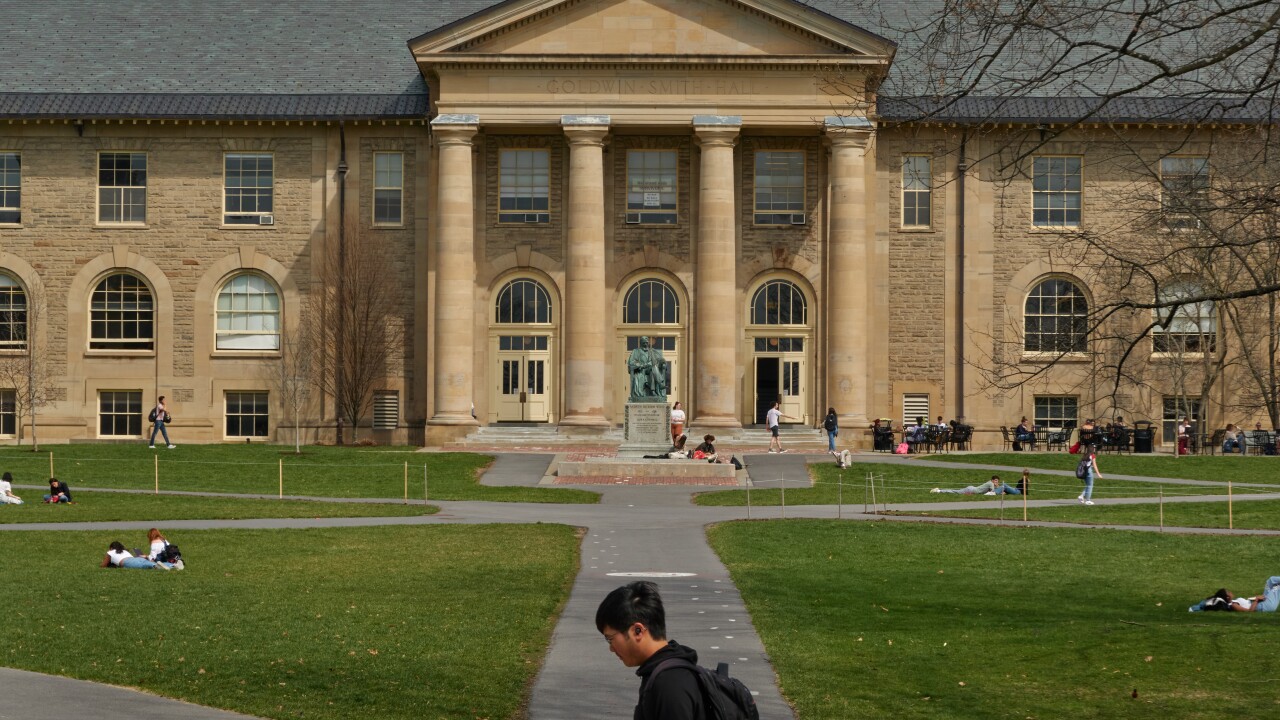
WASHINGTON — Harvard University has been tapped for one of roughly 40 audits the Internal Revenue Service is conducting this year to examine the financial and business practices of tax-exempt colleges and universities.
The Massachusetts Health and Educational Facilities Authority disclosed the audit
MassHEFA said it expects the audit to last over a year while a team of IRS agents examines an array of the university’s activities, but has no reason to suspect that the audit will have an adverse effect on its tax-exempt status.
Harvard’s aggregate outstanding debt is approximately $6.3 billion, according to the official statement.
The University of Texas, Texas A&M University, Lamar University in Beaumont, Tex., and Suffolk University in Boston have been tapped for similar audits under the initiative, according to media reports.
The examinations follow 400 compliance questionnaires the IRS sent to colleges and universities nationwide in October 2008. They asked schools how they reported revenues and expenses from trade or business activities, how they invested and used endowment funds, and how they determined compensation levels for highly paid employees. The IRS is expected to issue a report on the responses.
Market participants said the audits appear to be motivated by the IRS’ desire for a better understanding of university finances, as opposed to any deliberate attempt to crack down on ongoing practices.
“I think they’re just a very large component of the 501(c)(3) sector and so they want to do these comprehensive audits,” said Linda Schakel, a bond attorney with Ballard Spahr LLP here.
Under the 1986 Tax Reform Act, nonprofit, 501(c)(3) universities could not be the beneficiary of more than $150 million of outstanding tax-exempt bonds. However, Congress repealed the limit in 1997.
Sen. Charles Grassley, R-Iowa, the ranking minority member of the Senate Finance Committee, has repeatedly raised concerns about tax-exempt organizations. Grassley commissioned a Congressional Budget Office report in April 2007 to look into high-profile sports programs run by nonprofit universities.
That report, issued in May, said lawmakers should consider banning the use of tax-exempt bonds to finance sports facilities if they fear the programs are becoming too commercial.
Grassley said Congress needs to take a closer look at whether or not college sports facilities should receive the benefits of tax exemption in light of their commercial success.





